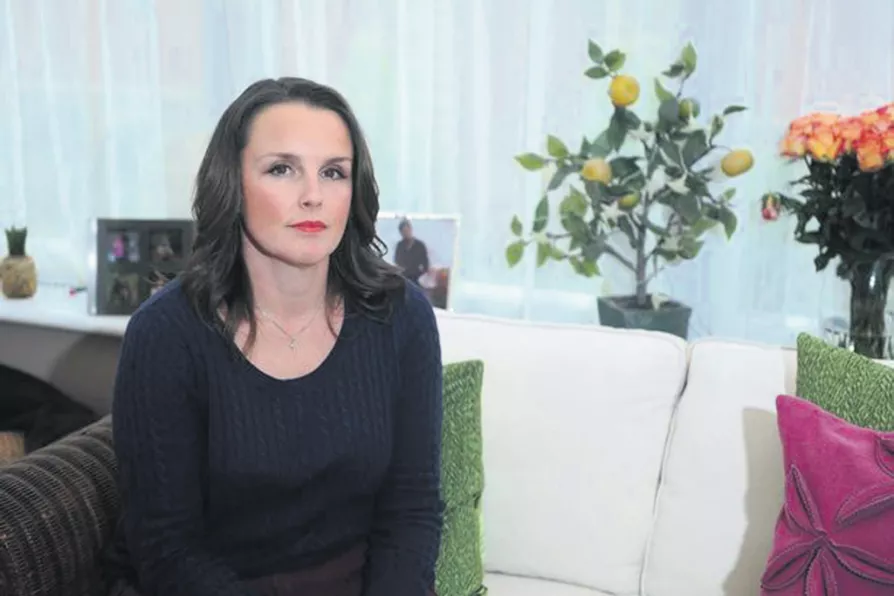The Mandelson scandal reveals a political settlement in which democratic choice is curtailed and the power of markets eclipses the will of voters – only the left can challenge this, writes JON TRICKETT MP
When the nightmares of domestic and sexual abuse come to work
Sexual abuse is not often thought of as a workplace issue. LOUISE RAW spotlights some of the harrowing ordeals women face – and how the Bakers Union is teaming up with women’s rights activists to raise awareness of the problem

 Rachel Williams, who had her knee shot by her abusive husband
Rachel Williams, who had her knee shot by her abusive husband
“OF THOSE who had experienced domestic violence, over 40 per cent said it had affected their ability to work” (TUC Survey).
Talented, friendly and good with customers, Rachel Williams was everything an employer could ask for, yet the salon owner in Newport, South Wales, where she worked as a junior hairstylist until 2002 found that employing her “came with problems.”
This was something of an understatement. Rachel was in a relationship with a controlling and dangerous man and, as her colleagues would discover, domestic abusers rarely confine control over victims’ lives to the domestic sphere.
Similar stories

Susan Galloway talks to ASH REGAN MSP about her “Unbuyable” Bill, seeking to tackle the commercial sexual exploitation of women in Scotland

ANN CZERNIK concludes her three-part series on the hidden scale of child sexual exploitation in Britain

JANE WRIGHT talks to App Drivers and Couriers Union members and activists about their experience of biased apps, sexist customers and lack of toilet facilities while driving the streets of Britain’s cities

LYNNE WALSH attempts to unravel the latest advice from local authorities on tackling violence against women and girls











